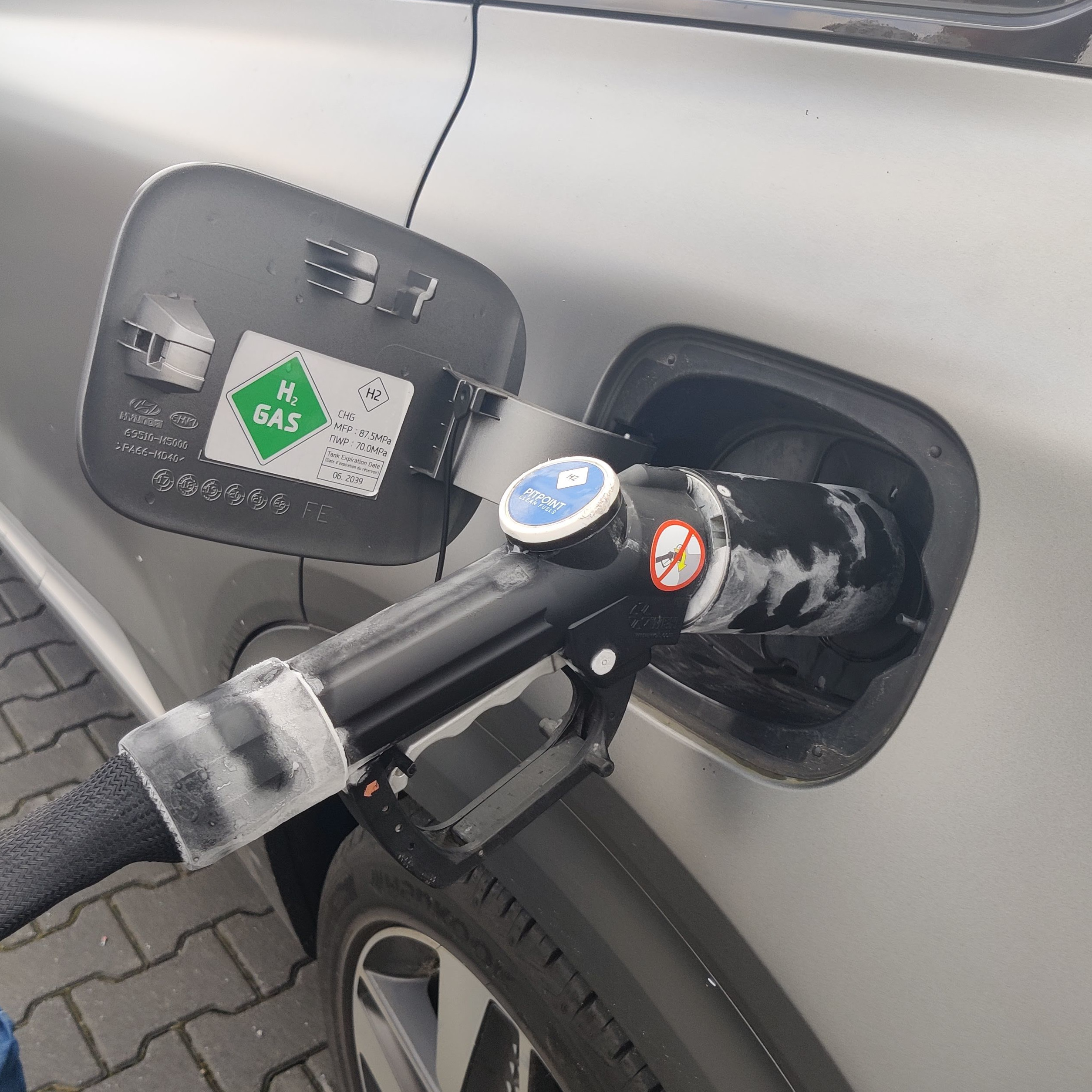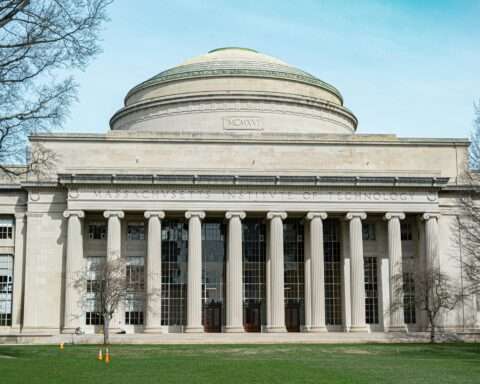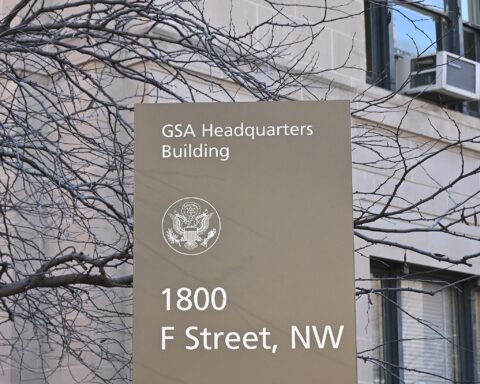The U.S. Department of Energy (DOE) is offering $61.9 million in grants to 20 hydrogen energy projects to further research, development and deployment of next-generation clean hydrogen technologies.
These projects encompass a wide range of initiatives, from enhancing hydrogen fueling infrastructure to creating hydrogen-powered equipment for port operations. With projects set in 15 different states, the DOE’s investment in hydrogen technologies will give Americans around the country an opportunity to benefit from clean energy initiatives.
Supporting Investing in America’s decarbonization goals, clean hydrogen technologies are a versatile energy source that can be used in important industries like fertilizer and steel production, and can be made from a variety of domestic clean energy sources. The DOE anticipates its investment in hydrogen technologies will help cut emissions from hard-to-decarbonize sectors, support renewable energy storage, boost American energy independence and contribute to American job creation.
This round of funding will be delivered through the DOE’s Hydrogen and Fuel Cell Technologies Office (HFTO) and will support the U.S. National Clean Hydrogen Strategy and Roadmap, which explores clean hydrogen initiatives for national decarbonization. Projects obtaining funds will be led by universities, private companies, state organizations and partnerships that are at the forefront of clean energy innovation. After funding negotiations, HFTO will distribute funds to projects in five topical areas.
The first topical area, medium-to-heavy duty vehicle (MD/HD) hydrogen components, will receive $8.5 million to develop advanced components to enable gaseous and liquid hydrogen fueling. The projects selected in this topical area are highlighted by Washington State University’s $3 million investment into testing high-flow, cryogenic hydrogen fueling components and theorizing modular implementation on MD/HD vehicles.
The Standardized Hydrogen Refueling Station of the Future topical area encompasses four projects set to receive $40 million, the most funding of any topical area. These projects will address the development and demonstration of low-cost, standardized, and replicable advanced hydrogen fueling stations that can handle the demand of commercial use. Projects in Arizona, California, Connecticut and New York will secure $10 million each for their respective initiatives.
The third topical area, Hydrogen Fuel Cell-Powered Port Equipment, has one project in Georgia, led by the Center for Transportation and the Environment. It will receive $2.5 million for two zero-emission, heavy-duty hydrogen fuel cell electric top loaders and a fuel cell mobile wet-hose refueling truck.
Seven projects identifying primary challenges with siting, permitting and installation from hydrogen production through end-use fall under the fourth topical area, Enabling Permitting and Safety for Hydrogen Deployment. $7 million will be invested into these projects to identify these problems and explore opportunities to address them. Each project is set to receive $1 million and will research a variety of initiatives including reexamining state guidelines, building educational materials and reevaluating technological and administrative hindrances.
The fifth topical area, Equitable Hydrogen Technology Community Engagement, will invest $3.9 million into four projects in California, Michigan, Texas and Pennsylvania. These four projects will enhance the ability of the DOE and its funded projects to engage effectively with communities. One of these projects in Texas, led by the University of Houston, will conduct a workforce analysis and develop training improvements in a region that will see a boom in hydrogen-related infrastructure.
The 20 awardees are not guaranteed funding through this selection, but they will enter negotiation with the DOE to determine exact awards. Before the funds are distributed, the DOE reserves the right to rescind award selections. For more information on the awards, see the DOE’s selection list.
Ogidya, CC BY-SA 4.0 https://creativecommons.org/licenses/by-sa/4.0, via Wikimedia Commons













